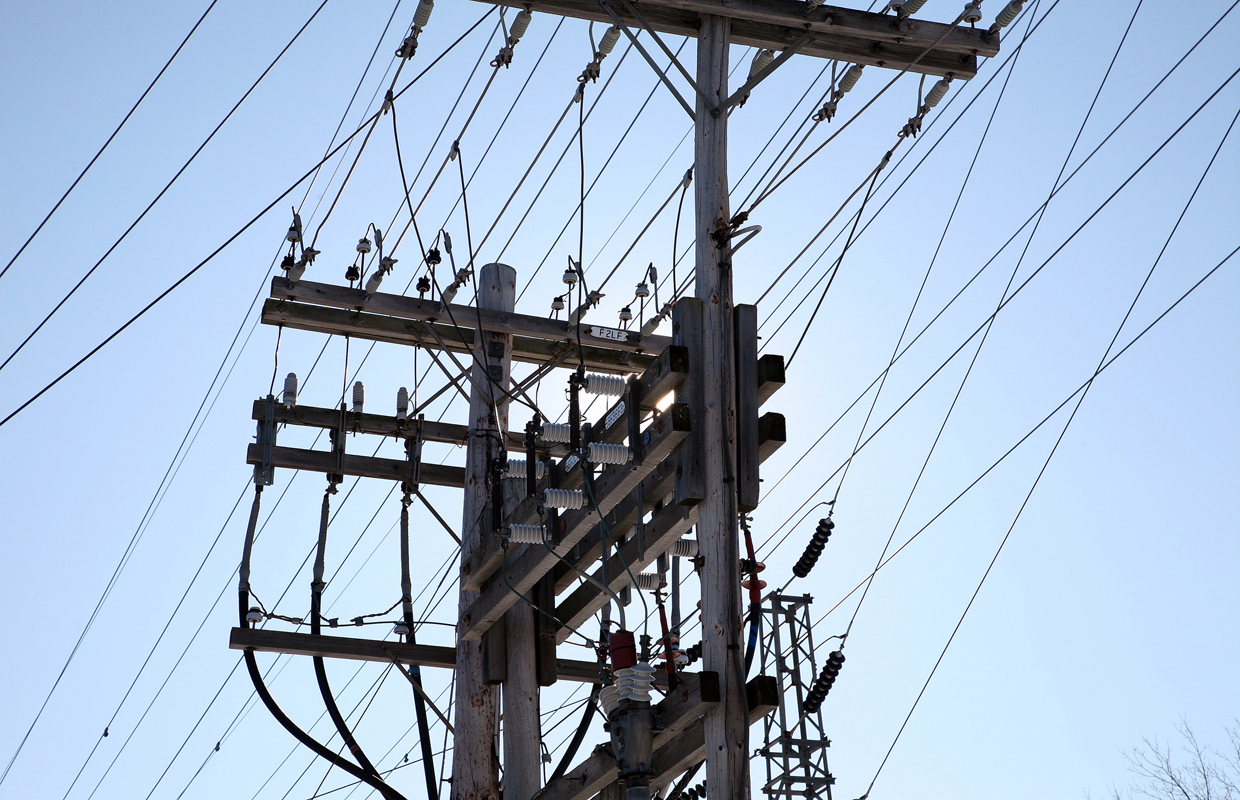The Forum of Commissioners of Power and Energy in Nigeria (FOCPEN) has stated that the proposed amendment of the 2023 Electricity Act would transfer the unpaid N5tr subsidy debt owed by the federal government to electricity consumers if passed into law.
In a statement to state its position on the bill, the forum said the bill would also create numerous federal institutions, agencies and funds, whose operational and administrative costs are to be directly passed on to electricity consumers, thus resulting in higher electricity tariffs for consumers.
The statement was signed by the forum’s Chairman and Commissioner of Power and Renewable Energy, Cross River State, Prince Eka Williams, and its Secretary and Commissioner of Power, Renewable Energy and Transport, Benue State, Barr. Omale Omale.
The statement said the imposition of additional financial burden on electricity customers already struggling with high electricity tariffs for Band A service is unacceptable, especially when States are actively pursuing cost-reflective tariffs tied to improved quality of service.
According to them, the Electricity Act 2023 stands as a signature achievement of President Bola Tinubu’s administration.
They said the enactment followed the groundbreaking fifth alteration to the 1999 Constitution of the Federal Republic of Nigeria, which decisively removed all ambiguities regarding the ability of states to make laws and regulate electricity markets within their territories.
“In addition, the bill specifies mandatory contributions from consumers and market participants to fund the Power Consumer Assistance Fund (PCAF). Consumers, including those in states with cost-reflective tariffs, would bear the cost of subsidies through tariff surcharges, even in the face of widespread non-payment and market losses.
By this provision, the amendment bill would also transfer over N5 trillion in unpaid subsidies to electricity consumers, worsening affordability and equity in electricity access.
It described the amendment as a “backdoor amendment of the 1999 Constitution of the Federal Republic of Nigeria (as amended) by seeking to reintroduce constraints and ambiguities that were expressly removed by the fifth alteration of the Constitution.
“In addition, several provisions of the amendment bill egregiously violate foundational principles of true constitutional federalism, and threaten the successful implementation of a decentralized electricity market,” the statement added.










